Chemistry
Sign up for our newsletter
We summarize the week's scientific breakthroughs every Thursday.
-
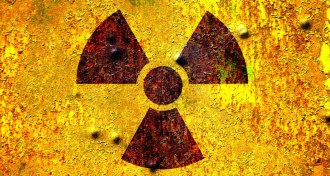 Chemistry
ChemistryYour phone could reveal your radiation exposure after a nuclear disaster
Examining personal electronics may help gauge people’s radiation exposure in the event of a nuclear accident or attack.
-
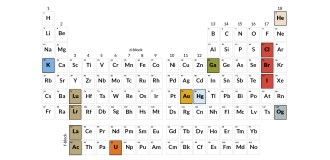 Chemistry
Chemistry150 years on, the periodic table has more stories than it has elements
The organized rows and columns of the Periodic Table hide a rich and twisting history.
-
 Chemistry
ChemistryHow the periodic table went from a sketch to an enduring masterpiece
150 years ago, Russian chemist Dmitrii Mendeleev created the periodic table of the elements, revolutionizing chemistry.
-
 Science & Society
Science & SocietyThe periodic table remains essential after 150 years
Editor in Chief Nancy Shute reflects on the 150th anniversary of the invention of the periodic table by Dmitrii Mendeleev.
By Nancy Shute -
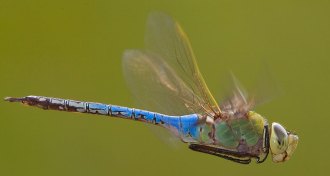 Animals
AnimalsGreen darner dragonflies migrate a bit like monarch butterflies
Some dragonflies do a north-south annual migration that takes at least three generations.
By Susan Milius -
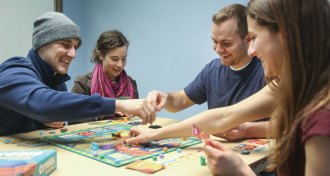 Particle Physics
Particle PhysicsWhy a chemistry teacher started a science board game company
Subatomic is the latest game from John Coveyou, whose company Genius Games wants people to find the joy in science.
By Kyle Plantz -
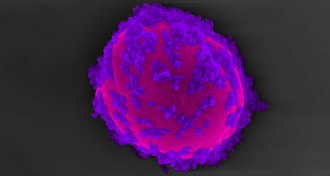 Microbes
MicrobesMini ‘solar panels’ help yeast shine at churning out drug ingredients
Microbes equipped with light-harvesting semiconductor particles generate useful chemicals much more efficiently than ordinary microbes.
-
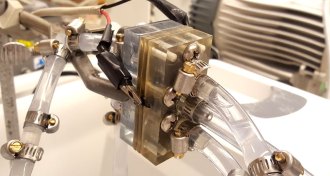 Chemistry
ChemistryThese fragile, futuristic batteries run longer with a little oil
A redesign for batteries that use aluminum and oxygen could help these inexpensive, lightweight power cells last longer.
-
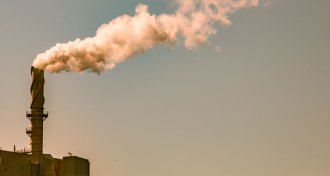 Chemistry
ChemistryNew devices could help turn atmospheric CO2 into useful supplies
New electrochemical cells transform carbon monoxide into useful chemical compounds like ethylene and acetate much more efficiently than their predecessors.
-
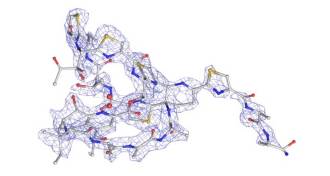 Chemistry
ChemistryZapping substances with electrons can quickly map chemical structures
Speedy molecular identification originally developed for proteins might benefit crime lab researchers and drugmakers.
By Carmen Drahl -
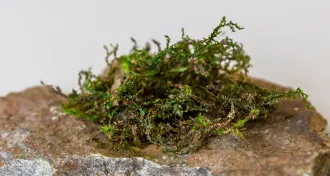 Plants
PlantsLiverwort plants contain a painkiller similar to the one in marijuana
Cannabinoids found in liverwort plants could spell relief for those suffering from chronic pain.
-
 Chemistry
ChemistrySpeeding up evolution to create useful proteins wins the chemistry Nobel
The three winners, which include the fifth woman to win the chemistry prize, pioneered techniques used to fashion customized proteins for new biofuels and drugs.
By Laurel Hamers and Maria Temming